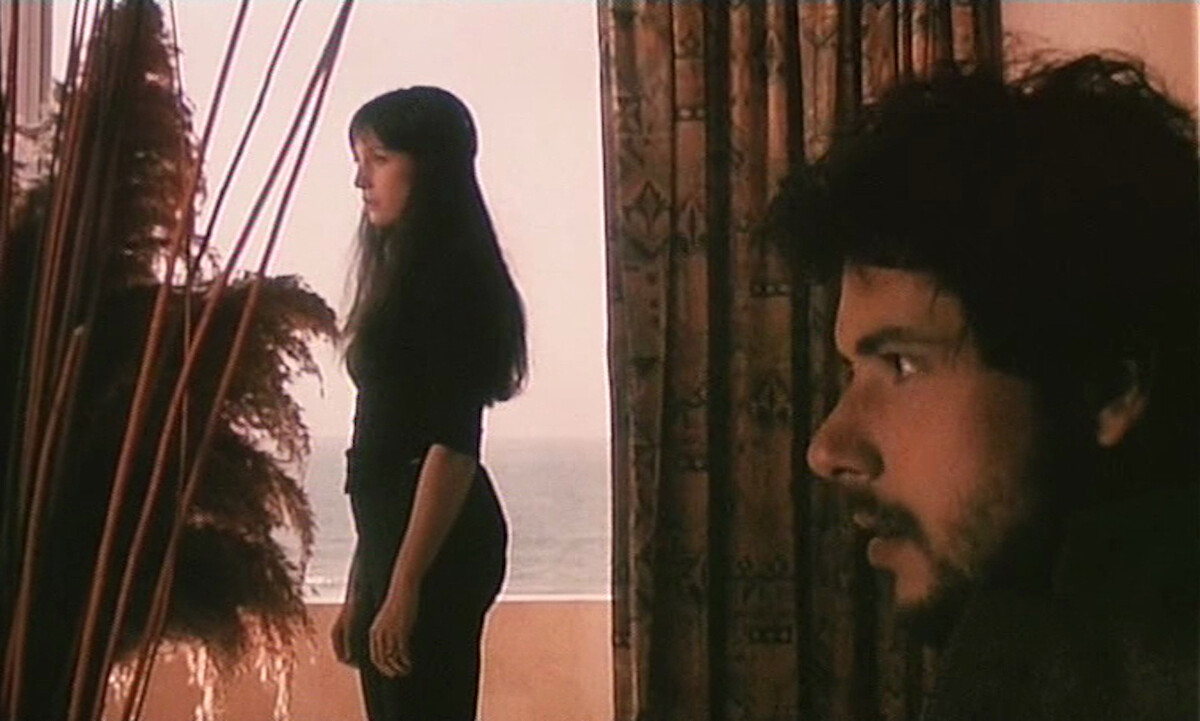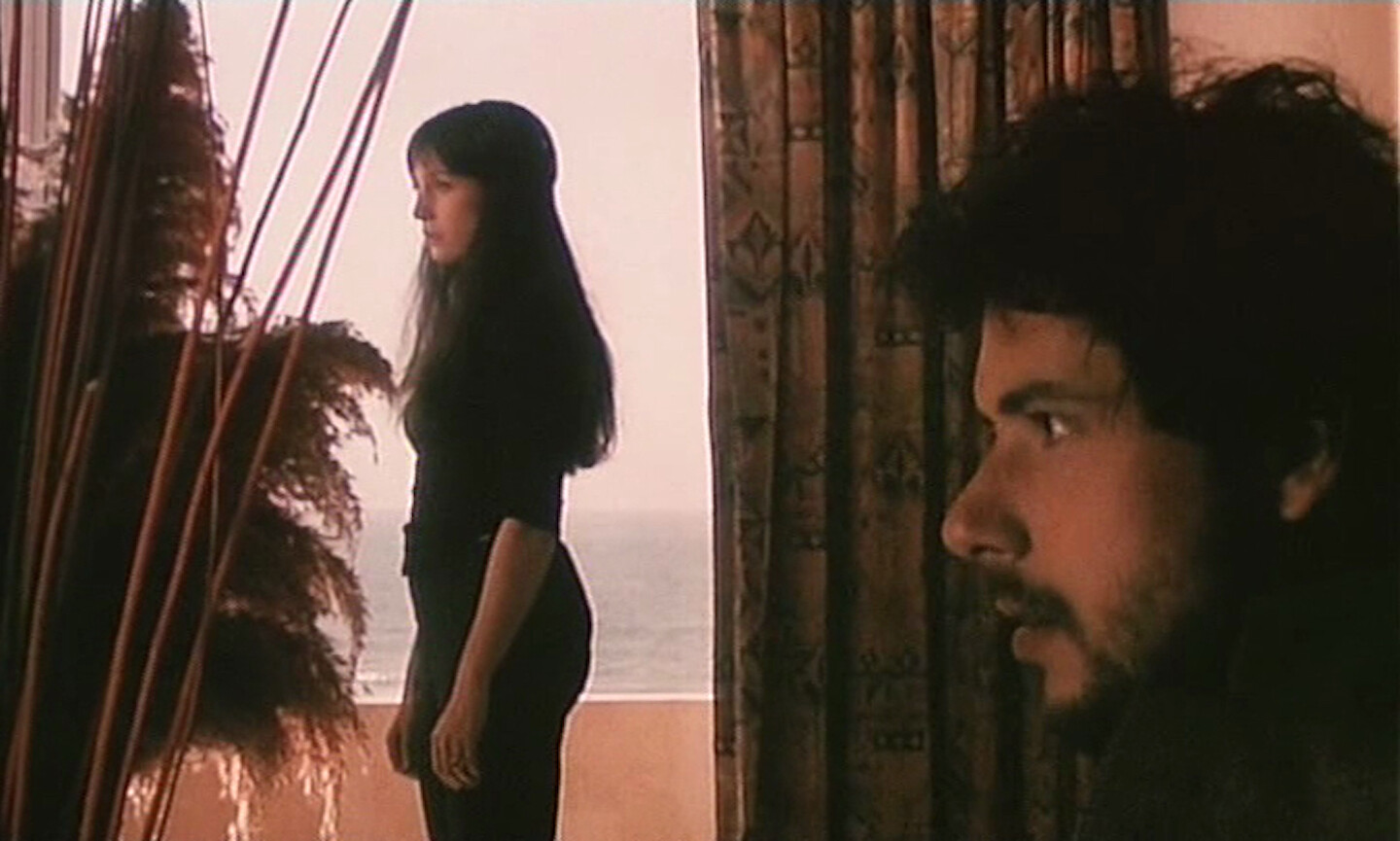Curated by Keith Sanborn
Admission starts at $5
April 11, 2023, 7pm
Brooklyn, NY 11205
USA
Join us at e-flux Screening Room on Tuesday, April 11 at 7pm for Raúl Ruiz: Central Conflict Theory and Its Discontents, featuring a screening of Ruiz’s Ombres Chinoises (1982, 7 minutes) and Love Torn in a Dream (2000, 120 minutes) curated and introduced by Keith Sanborn.
The films of Raúl Ruiz are utterly incomparable to those of anyone else who has worked in the medium. Not only in their number—Ruiz made more than 100 films, the majority of which are feature-length—but in their challenges and engagement with narrative: features, shorts, documentaries, fiction films. And they represent only a part of his manic creativity: he made video installations, created videos for operas, directed operas, wrote poetry, plays, and novels, and directed plays. All of this in a myriad of languages: Spanish, French, Italian, Portuguese, English, Provençal, and Arabic. He worked in many countries in Europe, in North and South America, and even Taiwan. He was also an inveterate gourmand, as his diaries show, obsessed, above all, with truffles and fine French wines. In addition, he was a collector of ancient coins and contemporary paintings, and a bibliophile, searching out rare editions wherever he traveled, and he was constantly in motion: in planes, in the TGV, in cars. He was a voracious and eclectic reader. He would be working on three or four projects at once, only rarely taking a day off, to wander around the city in which he found himself. Although it is impossible to sum up his concerns in any given film or even group of films, the two films on this program will do better than many other groupings to acquaint one with his work. These might be called meta-cinematic encounters. They allude aggressively to the theories of fiction, story-telling, and, above all, narrative in film.
It is in these two films by Ruiz that his tests of the limits of narrative come most sharply into focus. While they have stories and characters in some form, the films aggressively test the assumptions on which the movies we see on the big screen, and even the little one, are based, by recourse, in the case of Love Torn in a Dream, to the combinatorics of thirteenth-century Catalan polymath Raymond Llull. In the film, Ruiz also makes use of the tactics of having characters who are both alive and dead, time travel, magical objects, having the same actors play several roles, cannibalism, basing scenes on obscure Christian theological discussions or figures of the Kabballah, and so on. Not entirely by coincidence, the film was shot at Sintra, a vast estate in Portugal built in the late nineteenth century and designed as a kind of living book of esoterica—complete with allegorical gardens, a Templar chapel, and a spiral staircase descending several stories into the earth, known as the Well of Initiation. Ombres Chinoises might serve as a kind of short delirious warm-up for Love Torn in a Dream. It focuses more on nineteenth- and twentieth-century dramaturgy in the form of a series of shadow plays, bringing them to their most extreme, if logical conclusions.
Both films are presented in new translations by Keith Sanborn.
For more information, contact program@e-flux.com.
Accessibility
–Two flights of stairs lead up to the building’s front entrance at 172 Classon Avenue.
–For elevator access, please RSVP to program@e-flux.com. The building has a freight elevator which leads into the e-flux office space. Entrance to the elevator is nearest to 180 Classon Ave (a garage door). We have a ramp for the steps within the space.
–e-flux has an ADA-compliant bathroom. There are no steps between the Screening Room and this bathroom.


